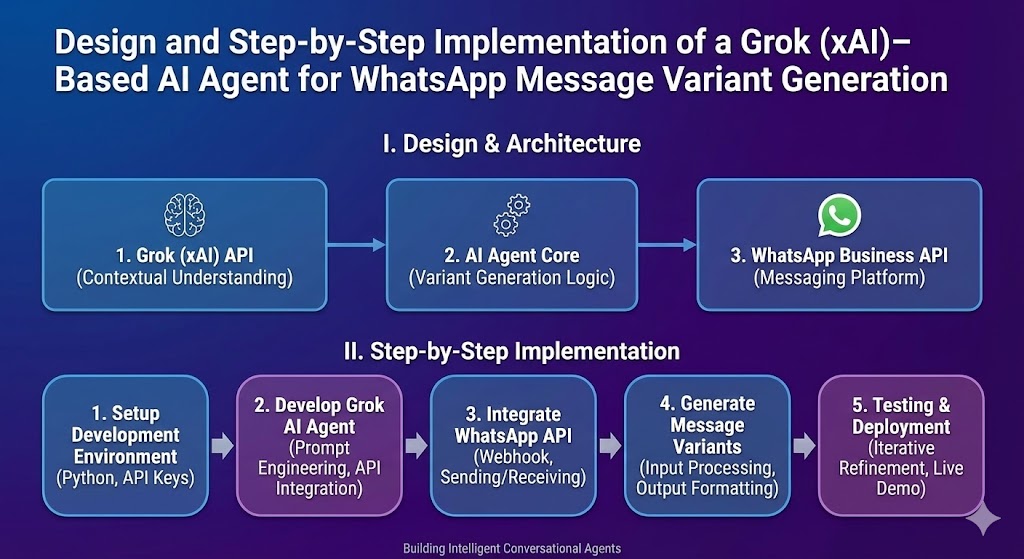WhatsApp, the popular messaging app, has revolutionized the way people communicate globally. With over 2 billion monthly active users, it has become the most widely used messaging app in the world. In this article, we will delve into the history of WhatsApp, its key features, what makes it the most popular messaging app, its future outlook, and the impact of Meta AI on its user experience.
Early Days (2009-2010)
WhatsApp was founded in 2009 by Brian Acton and Jan Koum, two former Yahoo! employees. Initially, the app was designed for sharing status updates, but later evolved into a messaging platform. The name “WhatsApp” was inspired by the phrase “what’s up,” a common greeting among friends.
Key Features
- End-to-End Encryption: WhatsApp introduced end-to-end encryption in 2016, ensuring that only the sender and recipient can read the messages.
- Group Chats: WhatsApp allows users to create groups of up to 256 people, making it easy to communicate with friends and family.
- File Sharing: Users can share files, including documents, images, and videos, with ease.
- Voice and Video Calls: WhatsApp offers high-quality voice and video calls, making it a popular choice for remote communication.
- Cross-Platform Compatibility: WhatsApp is available on multiple platforms, including Android, iOS, and desktop devices.
What Makes WhatsApp the Most Popular Messaging App?
- User-Friendly Interface: WhatsApp’s simple and intuitive interface makes it easy for users of all ages to navigate.
- Fast and Reliable: WhatsApp’s messaging service is fast and reliable, even in areas with slow internet connectivity.
- Free Service: WhatsApp offers a free service, with no subscription fees or ads.
- Regular Updates: WhatsApp regularly updates its features, ensuring that users have access to the latest technology.
- Global Reach: WhatsApp is available in over 180 countries, making it a truly global messaging platform.
Impact of Meta AI on WhatsApp
Meta AI is changing the user experience on WhatsApp by:
- Improving Chatbots: Meta AI is enhancing WhatsApp’s chatbot capabilities, making it easier for businesses to interact with customers.
- Enhancing Customer Support: Meta AI is improving WhatsApp’s customer support features, allowing for faster and more accurate responses.
- Introducing New Features: Meta AI is enabling new features on WhatsApp, such as augmented reality effects and interactive filters.
WhatsApp Revenue Model
WhatsApp generates revenue through:
- Business-to-Consumer (B2C) Messages: Businesses pay to send messages to customers.
- Business-to-Business (B2B) Messages: Businesses pay to communicate with other businesses.
- Data Sharing: WhatsApp shares user data with Meta, generating revenue.
Financial Worth
WhatsApp’s financial worth is estimated to be over $1.5 trillion.
Number of Users
WhatsApp has over 2 billion monthly active users.
Number of Channels and Groups
WhatsApp has over 5 million channels and 1 billion groups.
Conclusion
WhatsApp’s rise to becoming the most popular messaging app in the world can be attributed to its user-friendly interface, fast and reliable service, and innovative features. The impact of Meta AI on WhatsApp is enhancing its user experience, introducing new features, and improving customer support. With its growing user base and revenue model, WhatsApp is set to remain a leading player in the messaging app market.









